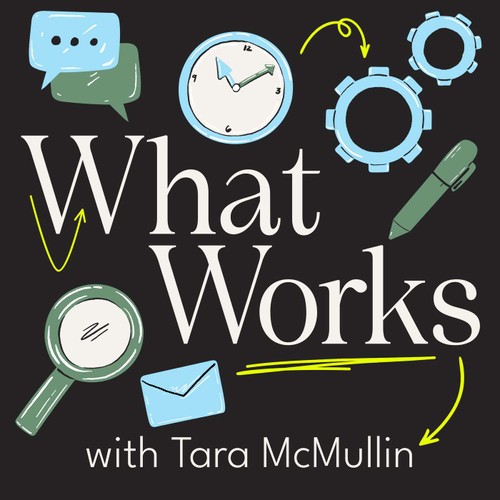
 What Works
What Works EP 455: The Case for Uncertainty (And How to Navigate It)
11 snips
Jan 4, 2024 Meet Dietrich Bonhoeffer, a nerdy, wire-rimmed-glasses-wearing badass of a German pastor. Explore his radical writings and resistance group in Nazi Germany. Understand the relevance of Christianity in modernity and the challenges of understanding God amidst technology and oppression. Embrace uncertainty and navigate complexity by accepting unknown variables. Discover Dietrich Bonhoeffer's concept of God as a working hypothesis and the importance of human relationships. Support the podcast and its indigenous production team.
Chapters
Transcript
Episode notes
1 2 3 4 5
Introduction
00:00 • 2min
Understanding God and the Relevance of Christianity in Modernity
01:45 • 3min
Embracing Uncertainty and Navigating Complexity
05:06 • 15min
Gaining Ground: Exploring Dietrich Bonhoeffer's Hypothesis
19:54 • 7min
The Value of Navigating Uncertainty and Reader/Listener Support
27:08 • 2min
